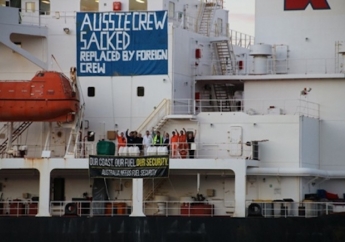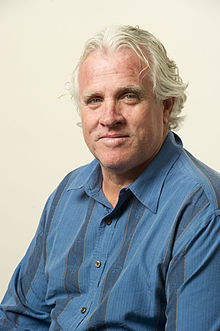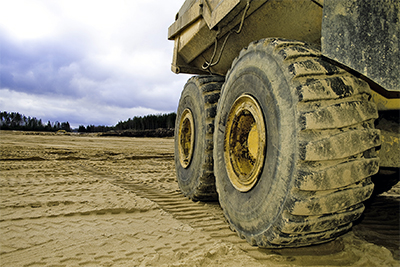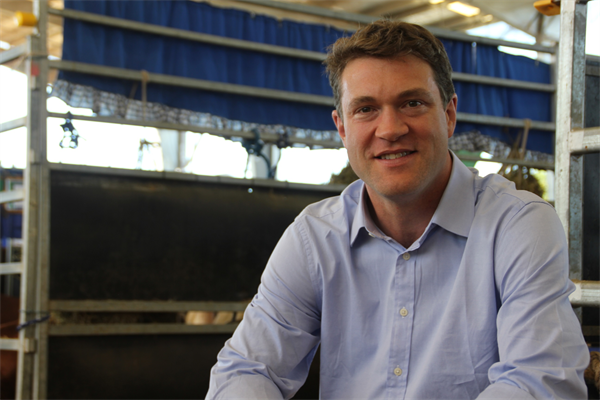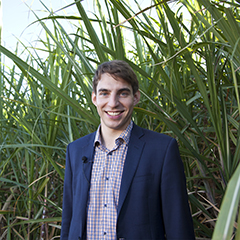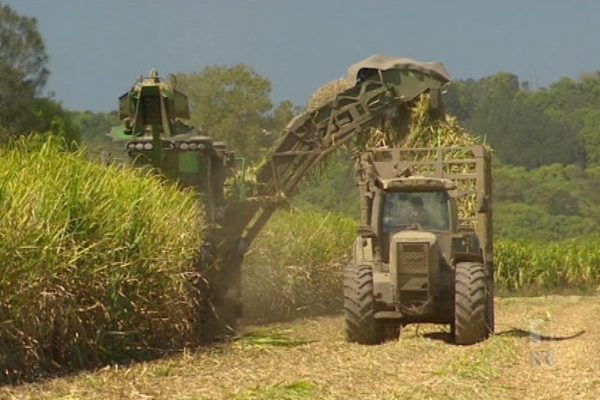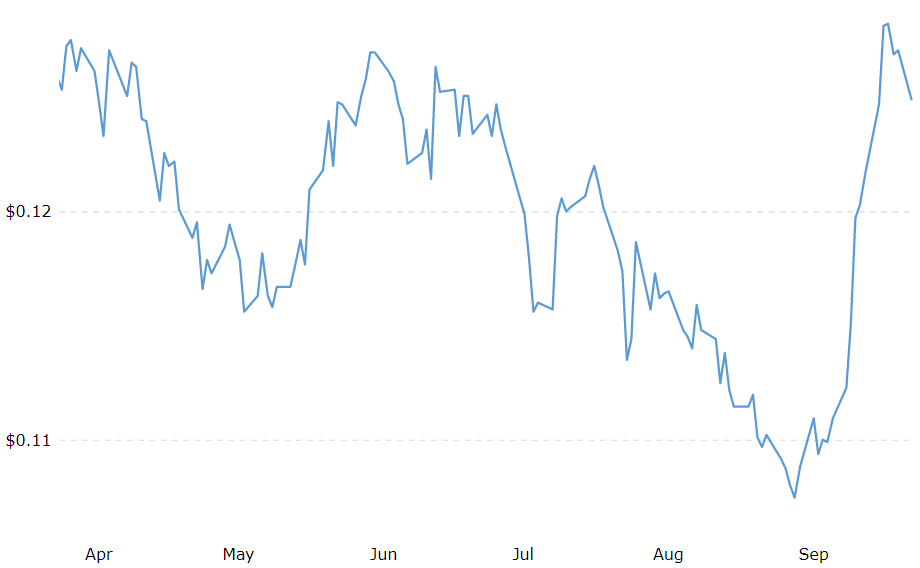Resources report: sector is keeping Queensland economy 'afloat'
THE RESOURCES industry has played a critical role in keeping Queenslanders working and earning through COVID-19 and is central to the state’s economic recovery, according to the Queensland Resources Council’s (QRC) latest State of the Sector report.
QRC chief executive Ian Macfarlane said results from its quarterly report -- which gathered feedback from business leaders in mining, energy, minerals processing, contracting, exploration, electricity generation and oil and gas extraction between July and August this year -- proved resources had been a “life raft” for the state in terms of jobs and exports.
“More than 80 percent -- or $63 billion -- of Queensland’s exports over the past 12 months came directly from our resources sector, which is $12,000 of export sales for every man, woman and child in Queensland,” Mr Macfarlane said. 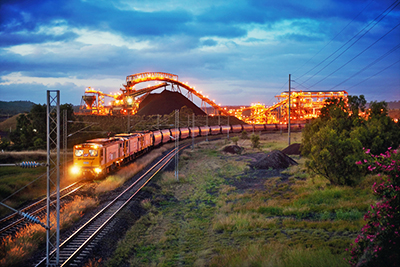
“This is a result more than 370,000 Queensland resource sector workers can be very proud of, and we hope Queenslanders are proud of too.
“I’ll be in Townsville today and Mackay and Rockhampton this week to promote the importance of the resources sector to Queensland’s economic recovery and stability post-COVID, because it’s not something that should be taken for granted by government or the community,” he said.
“Just like any industry, resources is impacted by fluctuating commodity prices, economic conditions, changes in government regulations and shifts in community expectations, so we need to keep communicating what our industry has to offer so people can understand what a powerhouse it is for our state.
“Make no mistake, without the resources industry continuing to perform, produce and employ, Queensland is in a precarious economic position.”
Mr Macfarlane said the State of the Sector report found burdensome State Government red tape was a major headwind facing the sector.
“There are projects that have been waiting more than a decade for approval, which is frankly ridiculous and a job killer,” Mr Macfarlane said.
“The resources industry needs a more streamlined assessment process for new projects and expansion of existing projects, coupled with a streamlined, best practice regulatory framework to operate within. Business as usual post-COVID is not going to cut it."
Mr Macfarlane said despite resources being recognised as an essential activity by all levels of government, the State of the Sector survey found companies have become increasingly concerned about State Government uncertainty and regulation, with confidence falling a concerning seven points compared to the previous quarter.
“If the resources sector is to keep earning and employing, we cannot have unreasonable barriers to new investment and jobs put in place by the State Government with little or no consultation or warning,” Mr Macfarlane said.
“Constant increases in taxes and charges, and changes to rules and regulations, frighten away potential long-term investors in our sector and must stop.
“The more projects we can bring to production, the more jobs and more dollars there will be for Queenslanders and for Queensland.
“To make this happen we need regulatory stability and certainty in Queensland, starting with a 10-year hold on royalties and charges to give ourselves a fighting chance of making it out the other side of COVID.”
ends

 How to resolve AdBlock issue?
How to resolve AdBlock issue? 